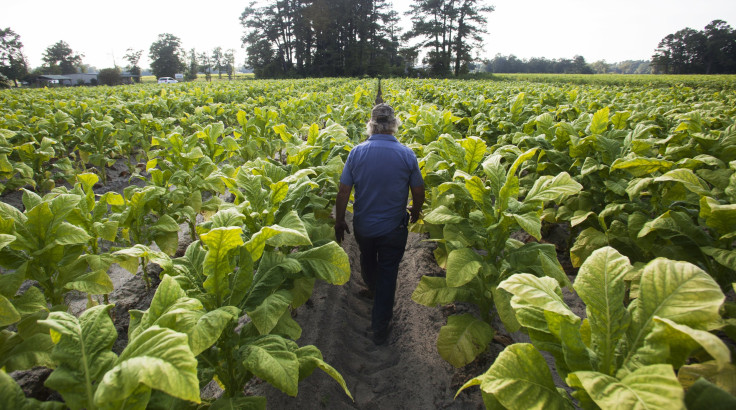Latino Farmers, Ranchers Raise Concerns Over Government Response To Civil Rights Claims

Leaders of Latino farm and ranching groups accused the U.S. Department of Agriculture of perpetuating a “systemic problem” with regard to addressing civil rights issues concerning minority groups.
The groups, including the National Latino Farmers and Ranchers Trade Association (NLFRTA), characterized the USDA’s claims process for addressing discrimination and civil rights violations against Latinos and women as unfair.
“It appears it’s a numbers game, and it can’t go ignored any longer,” David Sanchez, a New Mexico rancher, who helped organize Wednesday’s annual meeting of the NLFRTA, told the Associated Press, adding that claims by Latinos and women had been rejected at much higher rates than those of other minority groups, such as blacks and Native Americans.
In 2012, U.S. Agriculture Secretary Tom Vilsack announced that Hispanic and women farmers, who felt they had been discriminated against by the USDA because of their race or gender in the period between 1981 and 2000, could file claims for compensation from a $1.33 billion fund.
“Hispanic and women farmers who believe they have faced discriminatory practices from the USDA must file a claim by March 25, 2013 in order to have a chance to receive a cash payment or loan forgiveness,” Vilsack said, in a statement released in September 2012. “The opening of this claims process is part of USDA’s ongoing efforts to correct the wrongs of the past and ensure fair treatment to all current and future customers.”
However, John Zippert, director of program operations at the Federation of Southern Cooperatives Land Assistance Fund, told AP that of the over 53,000 claims submitted by Latinos and women, just over 3,200 have so far been approved. The government also allegedly took issue with too many claims being filed by the same community.
“The results are unacceptable, and the secretary must take another look at this thing,” Zippert told AP.
The USDA, meanwhile, reportedly said that the task of adjudicating the claims, and ensuring the integrity of the process, fell on an independent contractor and that the agency had no role to play in the process.
© Copyright IBTimes 2024. All rights reserved.






















